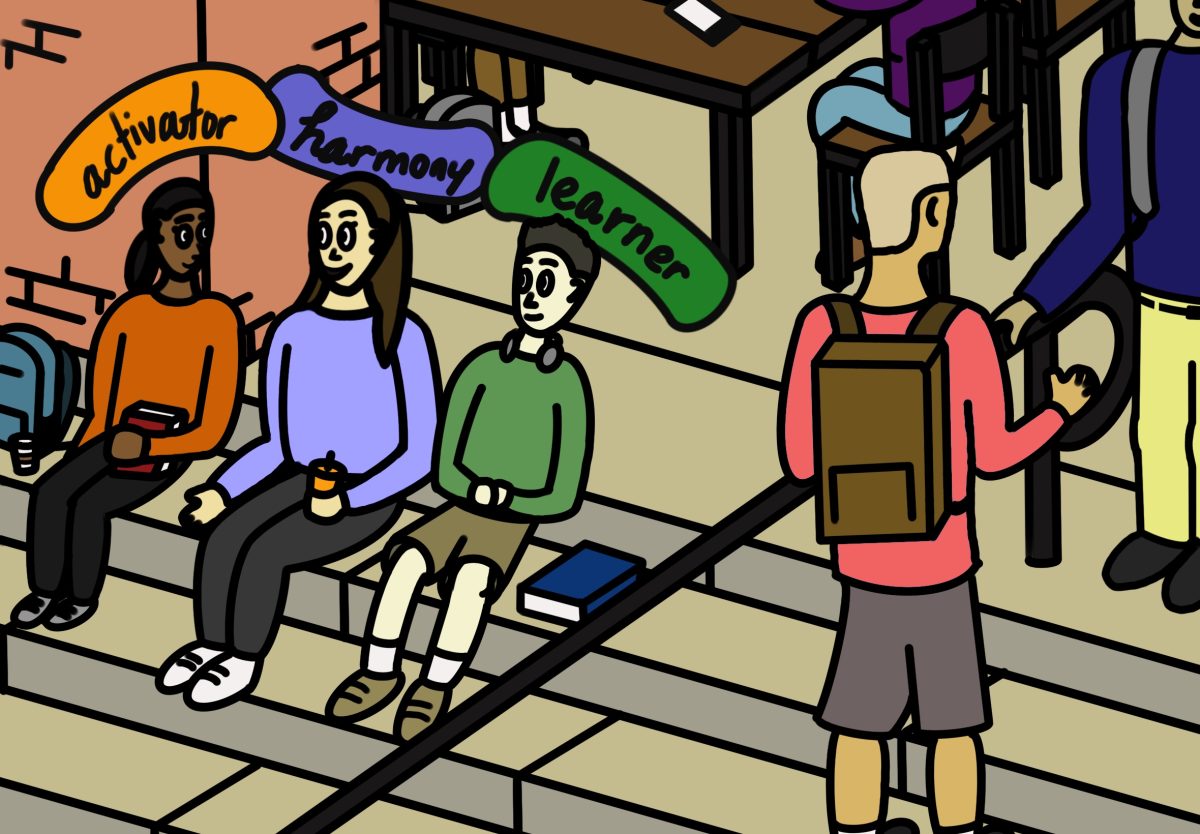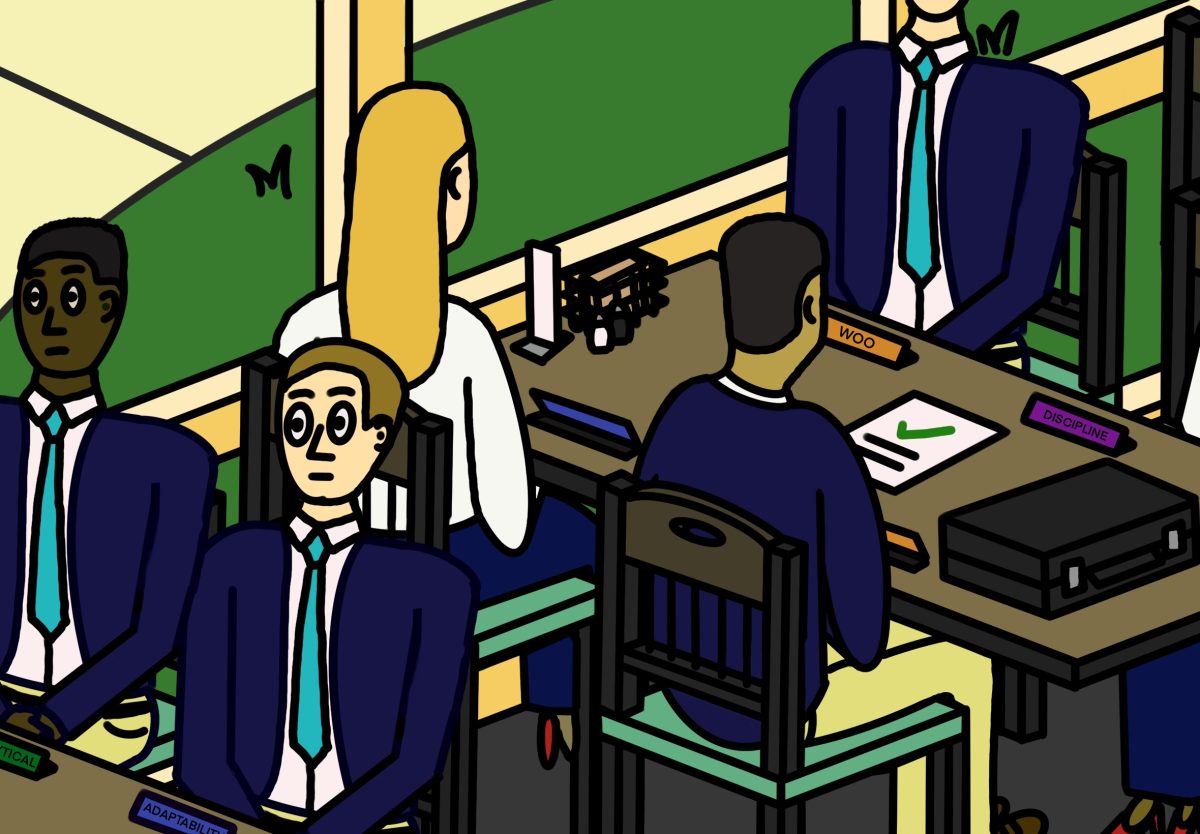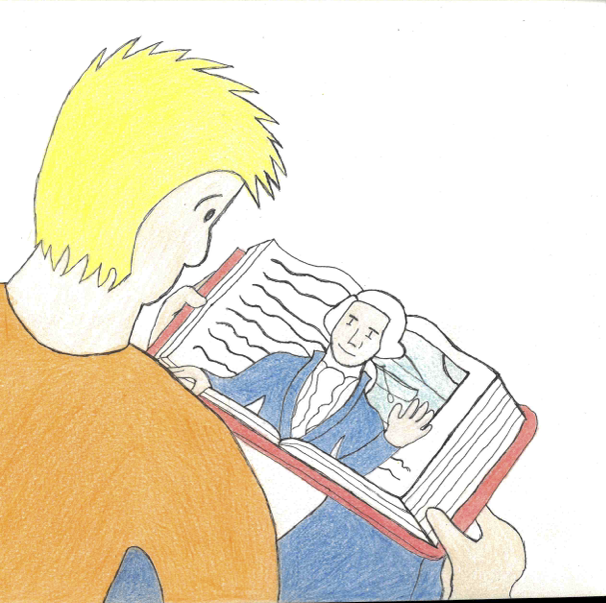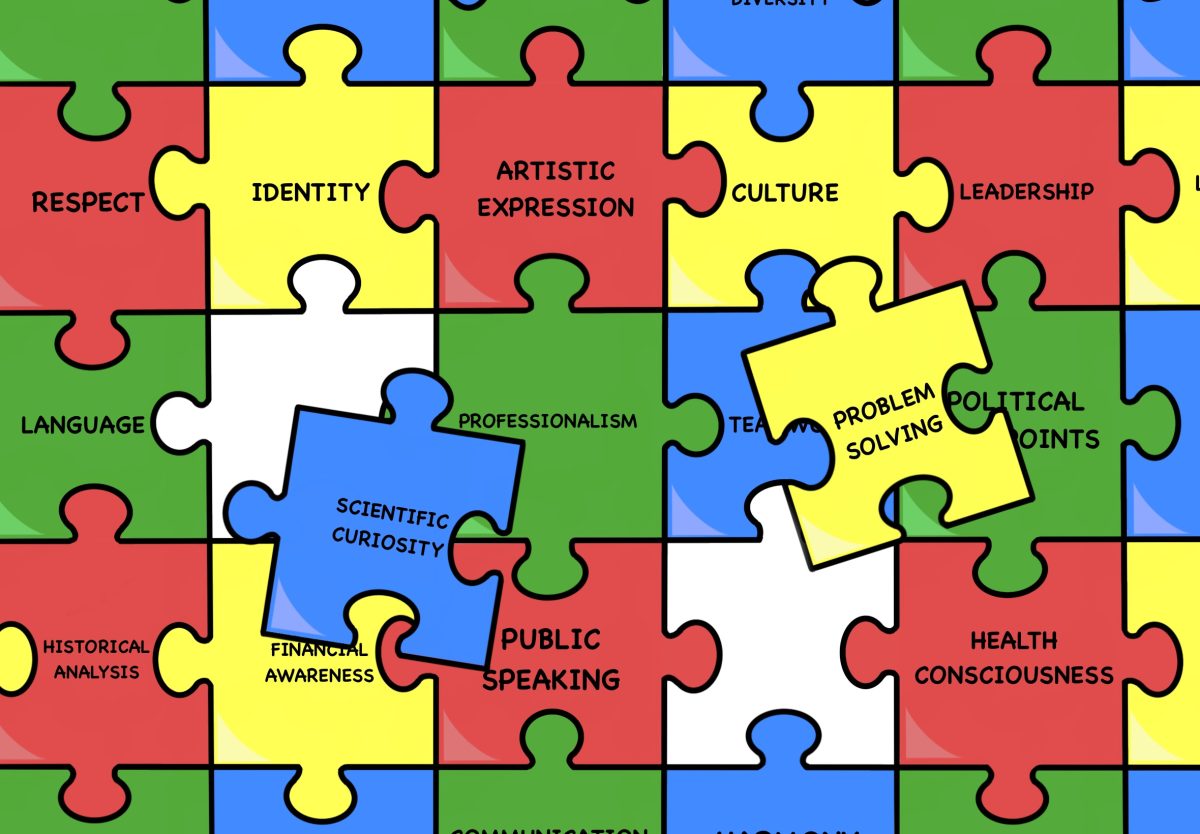By Rachel Chen, Opinions Columnist
Feminist critics are standing up against sexist depictions of women in video game journalism. In her Youtube video “Damsel In Distress,” critic Anita Sarkeesian illustrates how women in video games are unjustly portrayed as weak and fragile creatures. Sarkeesian, other feminist critics, and supporters argue that female characters and, thus, females are sexualized, victimized, and abused through the depiction of women in the gaming industry. This prompted the #GamerGate movement. In video games, clichéd damsels-in-distress are “female characters reduced to a state of helplessness from which they require rescuing by a typically male hero for the benefit of his story arc.” On the other hand, gamers believe that this is merely a marketing strategy to capture the attention of their primary buyers — young adolescent males. This then brings us to the question: Is the video game industry filled with misogynists, or is it “justifiable” that these programmers are intentionally portraying women to fulfill young male fantasies and promote their products?
Unfortunately, this controversial topic has exceeded disagreement in opinion; it has escalated to the point where feminist critics everywhere including Sarkeesian and game developers Brianna Wu and Zoe Quinn have been forced to leave their homes and retreat into hiding with their family and friends. Because of their involvement in the gaming industry, these women have received dangerous death threats from gamers within their communities. Many gamers have gone so far as to Photoshop images of the developers being violently raped by video game characters. Other gamers have constantly harassed Sarkeesian, Wu, and Quinn on social media via Twitter, even discussing how to convince Quinn to commit suicide.
Gaming journalism poses questions on ethical implications of society. As it operates today, the video game culture promotes sexism. In many of the examples given by Sarkeesian, we can see that many female characters portrayed in games are in fact prostitutes or lower-tier, non-important characters lying off to the sides in sexual positions. These characters are often dressed in skimpy clothing, batting their eyelashes, existing solely to seduce video game players. They seem to be there to undermine the notion that women can be on an equal level with men, especially within the gaming world.
The problem does not lie in the gaming characters themselves, but in the social implications and misconceptions these characters instill in young gamers. Adolescent males bombarded by these images are taught wrong ideas of how they should view and treat women in real life scenarios. Some may say that there is a distinct line drawn between the gaming world and reality — that the young gaming teenagers are merely goofing off in a fictional universe and in real life, they know better. This is where we have misconceptions. Being exposed to games such as “Grand Theft Auto” — a game notorious for its misogynistic male characters — may not necessarily lead men to sexually and violently abuse their partners later in life, but they certainly do not help boys learn how to respect women or view them as equals.
In response to the previous argument that feminists are being too extreme since these games are constructed this way merely in order to appeal to the young male audience, I disagree completely. Yes, it is a known fact that many gamers are men, but at the same time, we cannot completely disregard the percentage of women who also enjoy video games. Women, by no means, should be discouraged from participating in an activity that their male counterparts participate in and have the privilege of enjoying because it is a male-majority participation activity. Explicitly using the argument that “only men play video games anyway” is not only sexist and false. It is contradictory. If no women played video games, the online movement #GamerGate would not exist.
#GamerGate opponents are correct in one of their stances: we should be living in a world without #GamerGate. This is not because women should be excluded from the gaming industry or because people around the world should turn a blind eye to blatant sexism in video games. Rather, we should be living in a world in which both men and women exist as equals in the gaming industry and around the world.
































